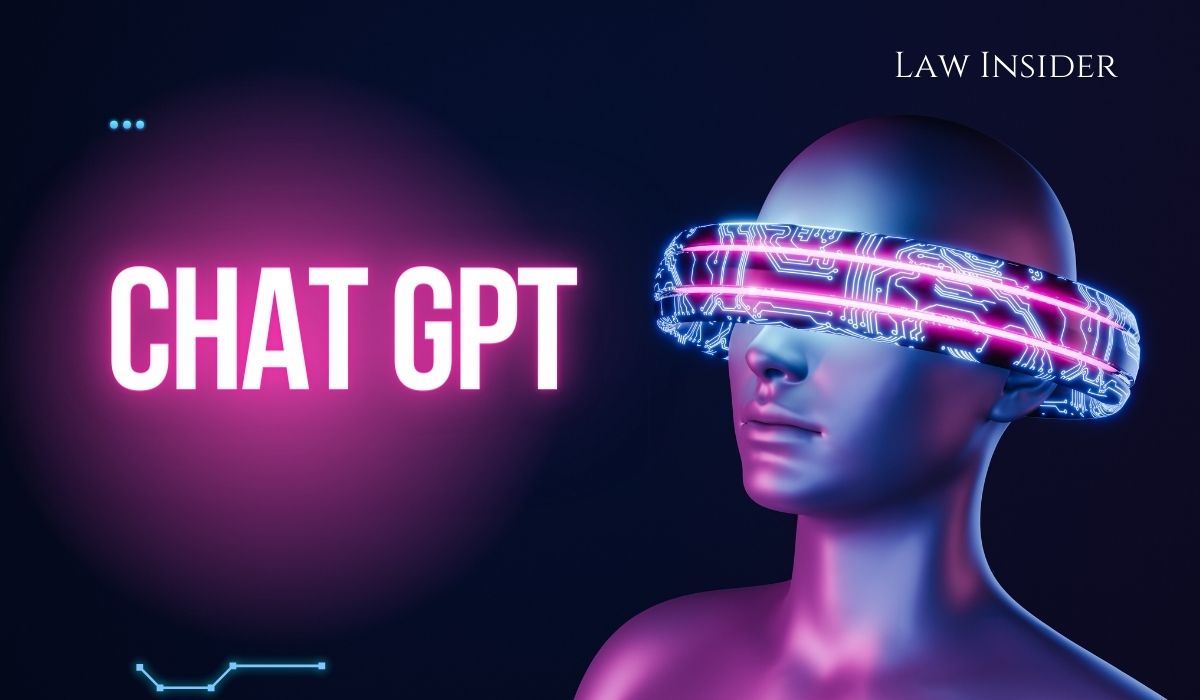LI Network
Published on: 12 May 2023 at 12:04 IST
Members of the European Union’s legislative body have taken the initial step towards implementing restrictions on Artificial Intelligence (AI).
The proposed regulations would govern the development and deployment of AI systems throughout the bloc, focusing on the technology’s potential to invade individuals’ privacy, perpetuate discrimination, and undermine fundamental human rights.
If approved, the regulations would establish clear parameters for the use of AI in sensitive sectors such as healthcare and transport, require companies to disclose when they are utilizing AI, and demand that high-risk applications receive prior approval before being marketed or sold.
The proposed rules represent the first significant attempt by any government to regulate the rapidly developing technology, with some experts suggesting they could serve as a model for other regions to follow.
Lawmakers in the European Parliament have taken a significant step towards regulating artificial intelligence (AI) systems, including ChatGPT, by voting overwhelmingly for a position text that calls for curbs on how AI can be used in Europe while fostering innovation in the sector.
The text is expected to be adopted by the full parliament next month and will be used in negotiations with EU member states to create a final law. The parliament’s proposed rules build on a European Commission proposal made two years ago and include bans on biometric surveillance, emotion recognition, and predictive policing AI systems.
The proposed rules would also require generative AI systems, such as ChatGPT and Midjourney, to be transparent and labeled as machine-generated output. The parliament’s text also seeks to define additional criteria for identifying “high-risk” AI applications, which could reduce the scope of that designation.
While some industry groups have criticized the proposal, the European Consumer Organisation has endorsed it, saying that people must be protected against the risks of these new technologies.
The use of AI has sparked concerns over its potential harms, including fakery, the spreading of misinformation, and threats to privacy and security.

